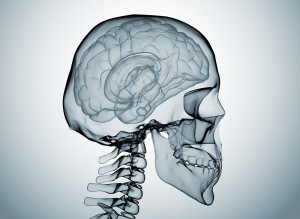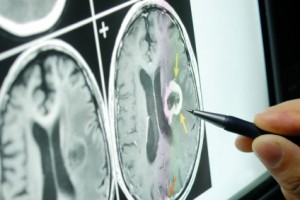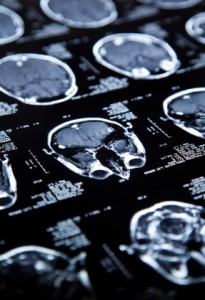 When you are suffering from a traumatic brain injury (TBI), you may feel alone. You may have difficulty processing what has occurred, the changes you have had to make in your life, and coping with your new reality. TryMunity is always looking for great resources for our members. Here are our top picks for recommended reading on TBI.
When you are suffering from a traumatic brain injury (TBI), you may feel alone. You may have difficulty processing what has occurred, the changes you have had to make in your life, and coping with your new reality. TryMunity is always looking for great resources for our members. Here are our top picks for recommended reading on TBI.
1. Coping with Mild Traumatic Brain Injury
By Diane Roberts Stoler Ed.D. & Barbara Albers Hill
This book focuses on identifying the different types of brain injury, treatment options available, and coping strategies for those impacted. This is a great read for those who have experienced a mild TBI but aren’t aware that some symptoms that they have been experiencing are connected.
2. Mindstorms: Living with Traumatic Brain Injury
By John W. Cassidy MD & Lee Woodruff
This is a great read about the emotional side a person experiences when they are suffering from a TBI. Dr. John Cassidy is well known in the TBI community for helping families in coping with the long-lasting impact of TBI and navigating the complex medical system to obtain proper treatment.
3. Brain Injury Survival Kit: 365 Tips, Tools, & Tricks to Deal with Cognitive Function Loss
By Dr. Cheryle Sullivan MD
This is a great straightforward read about methods and coping strategies for those who have suffered a TBI. It is also written to help family members and friends to understand how to assist in recovery. Dr. Cheryle Sullivan offers her own unique solutions to help those coping with cognitive loss due to severe brain injuries.
If you are looking for other great resources for TBI information, check out other posts on our blog. If you or a loved one has suffered from a TBI, join the TryMunity community today. We are happy to assist you in getting the help and support you need.


 speed of the treatment that was given after the injury. Here are some surprising statistics regarding TBI.
speed of the treatment that was given after the injury. Here are some surprising statistics regarding TBI. When a loved one is suffering from an acute
When a loved one is suffering from an acute  There are many causes of
There are many causes of  When you hit your head, you need to assess how serious your
When you hit your head, you need to assess how serious your 




